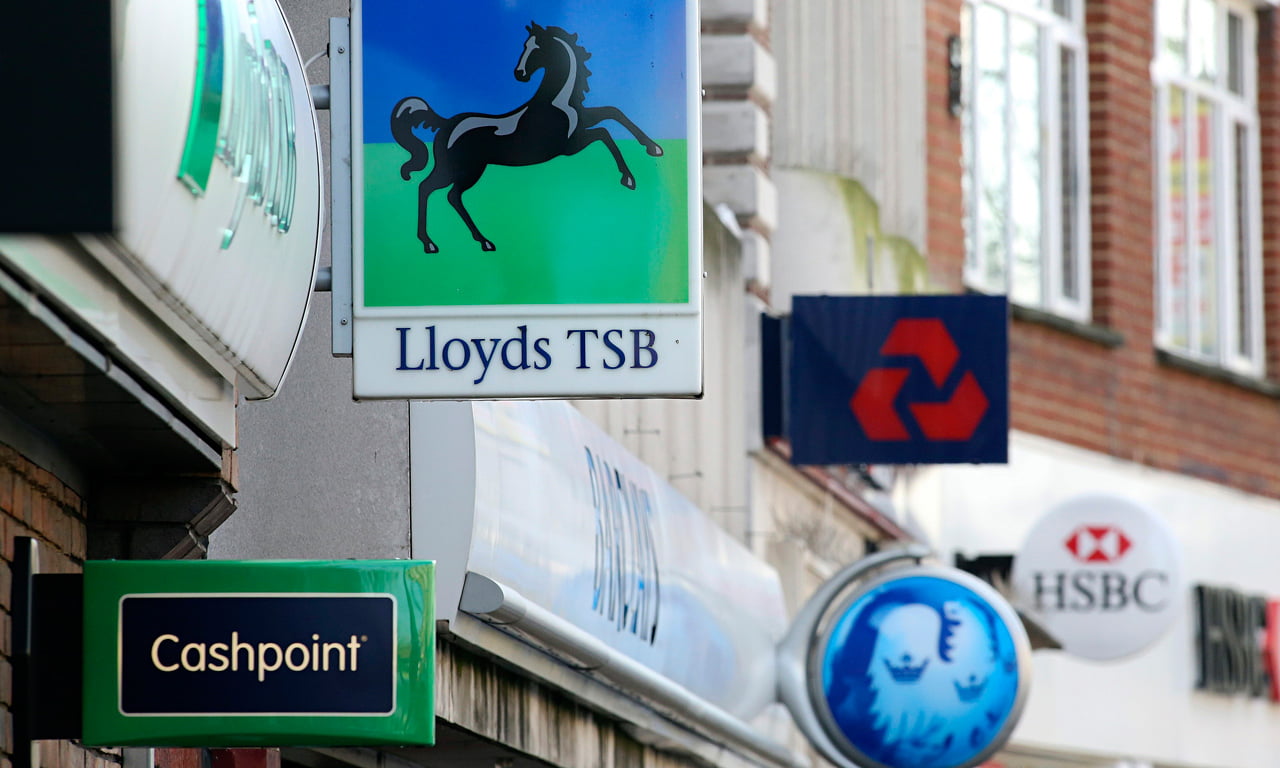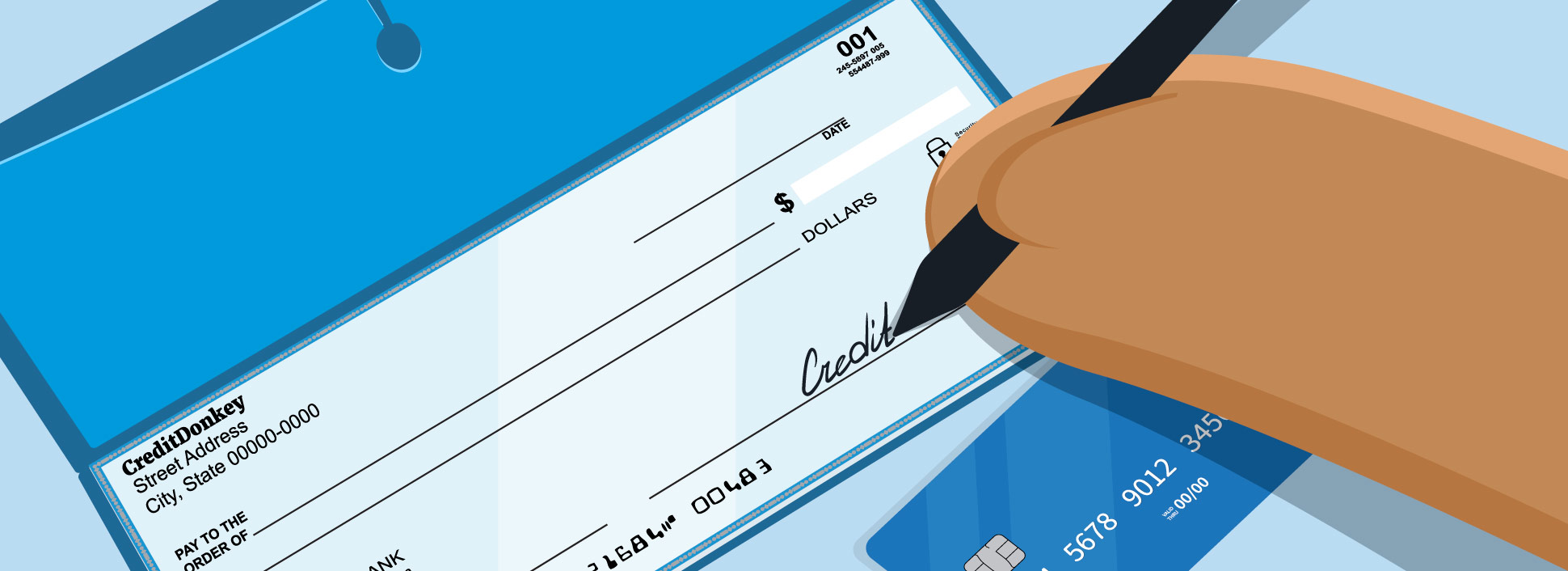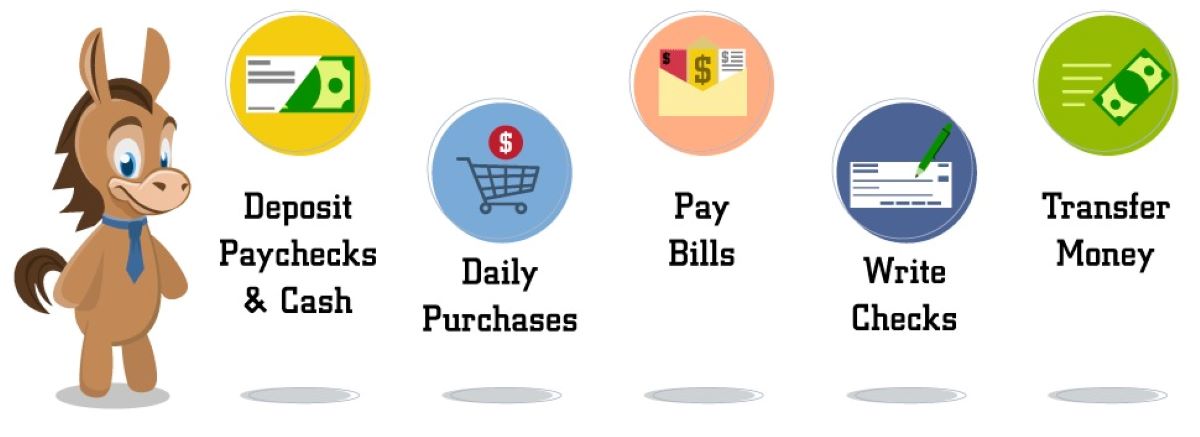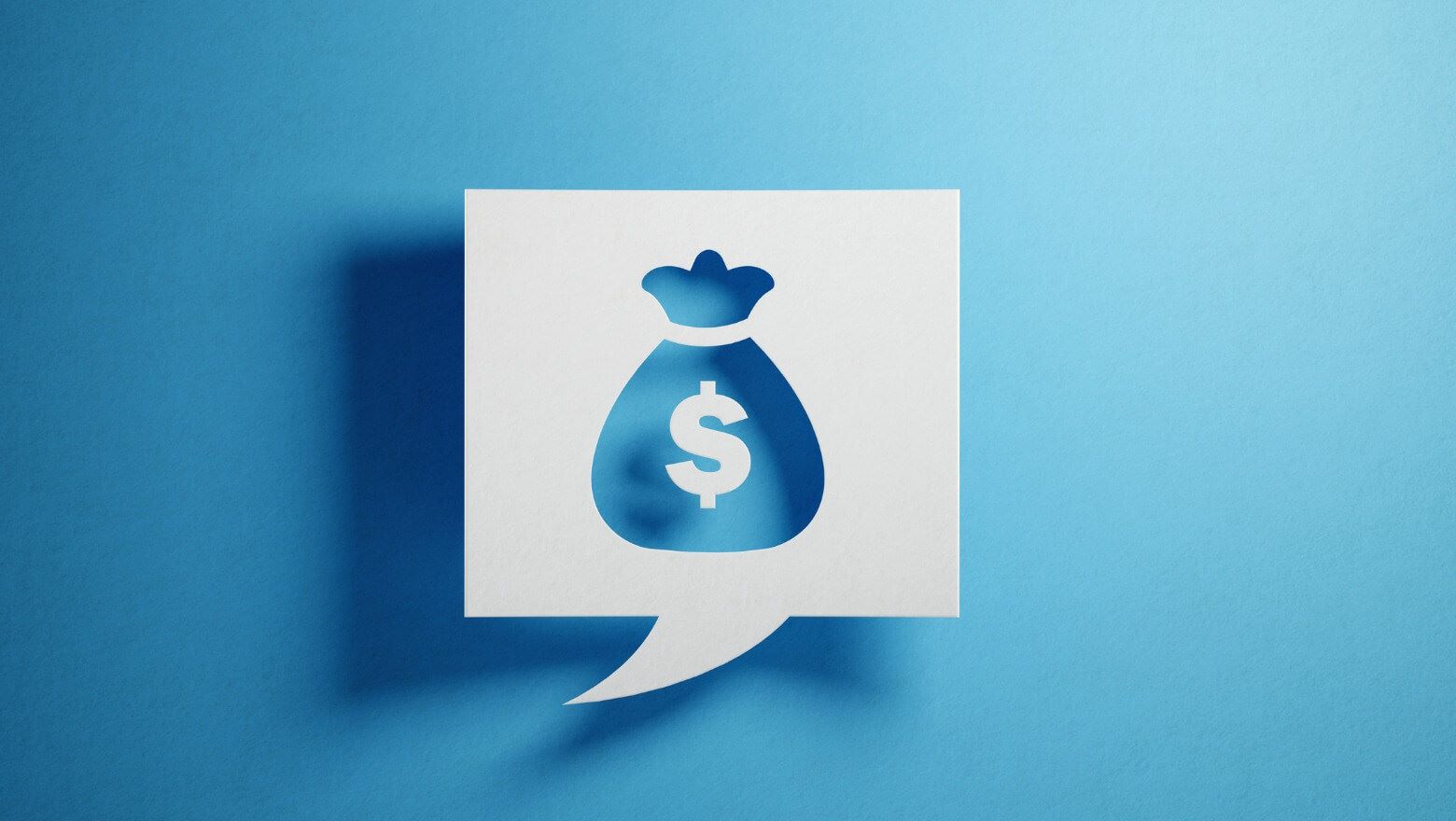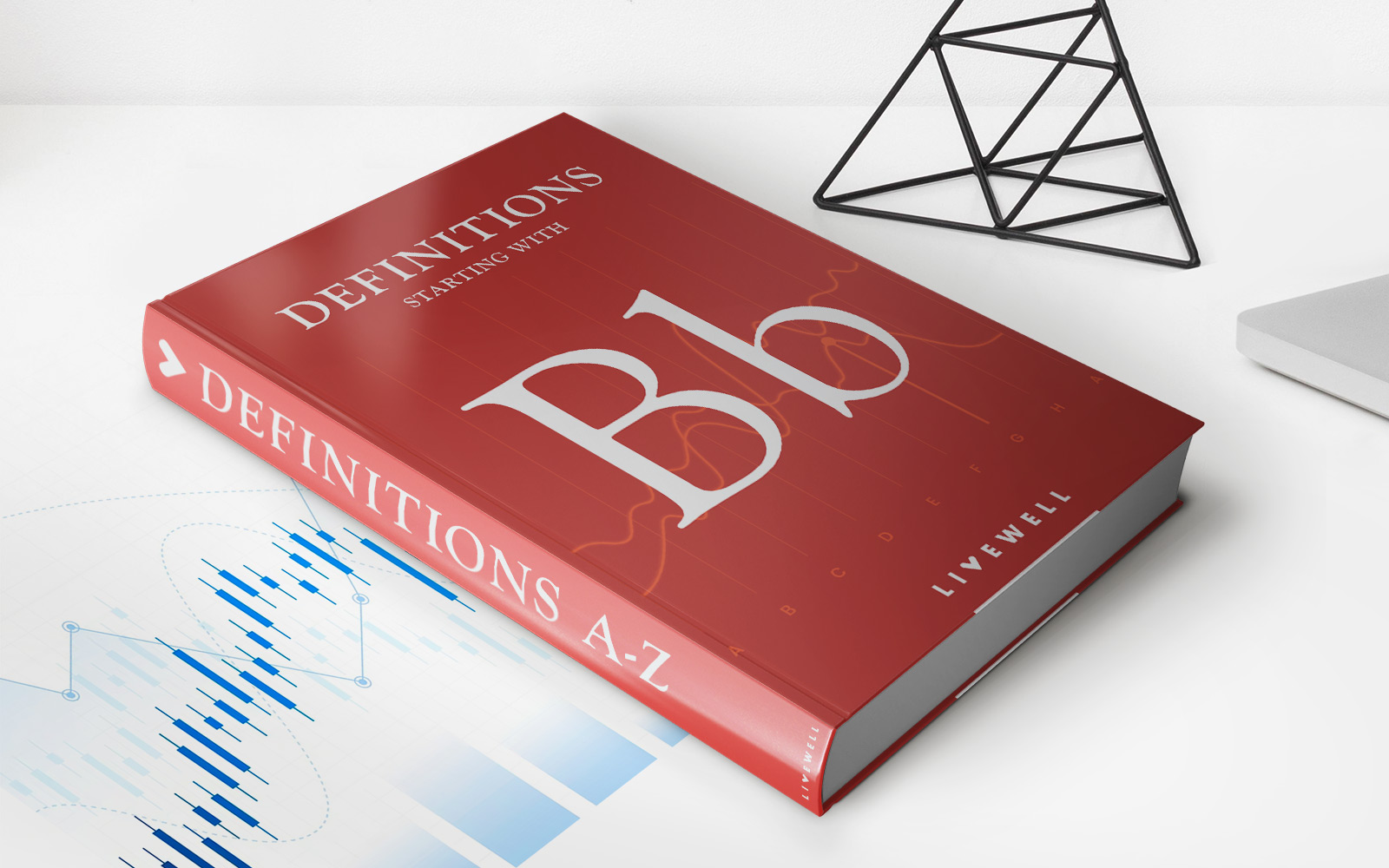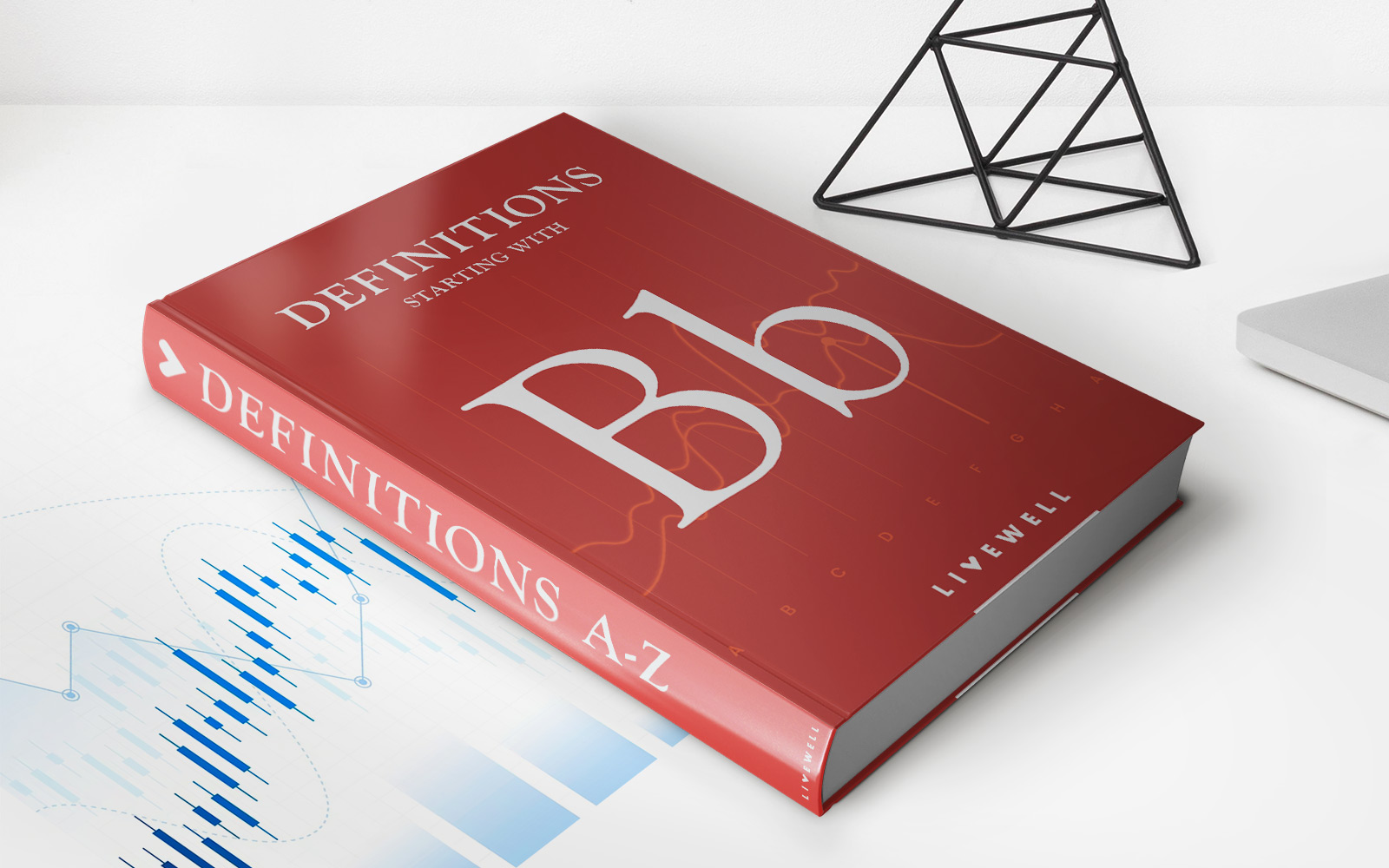Home>Finance>Do Banks Check Credit When Opening A Checking Account


Finance
Do Banks Check Credit When Opening A Checking Account
Modified: January 10, 2024
Find out if banks check credit when opening a checking account. Discover how your financial history can impact your banking options. Explore the world of finance.
(Many of the links in this article redirect to a specific reviewed product. Your purchase of these products through affiliate links helps to generate commission for LiveWell, at no extra cost. Learn more)
Table of Contents
Introduction
Welcome to the world of personal finance, where banks play a pivotal role in managing our money. When it comes to opening a checking account, many people wonder: do banks check credit? In this article, we will delve into the ins and outs of credit checks by traditional banks and online banks, as well as explore alternative options for those who may be concerned about their credit history.
Whether you are accustomed to the traditional brick-and-mortar banks or have embraced the convenience of online banking, the process of opening a checking account often involves some form of credit assessment. Financial institutions want to ensure that their customers are capable of managing their finances responsibly and minimizing the risk of defaulting on loans or overdrafts. This is where credit checks come into play.
But what exactly are credit checks? In simple terms, they are assessments carried out by banks to gauge your creditworthiness. This involves analyzing your credit history, which is a record of your borrowing and repayment activities. Your credit score, derived from this analysis, reflects your ability to handle financial obligations.
Traditionally, when you apply for a checking account at a brick-and-mortar bank, they will typically perform a credit check to evaluate your financial background. This check commonly includes reviewing your credit report, which provides a detailed overview of your credit history, including any outstanding debts, repayment patterns, and credit inquiries. It allows banks to assess the level of risk associated with granting you a checking account.
However, not all banks follow the same protocol. Online banks, also known as digital banks, have gained popularity in recent years due to their convenience and user-friendly platforms. When it comes to credit checks, online banks may have different criteria and procedures compared to traditional banks.
Stay tuned as we explore in more detail how traditional banks and online banks approach credit checks when opening a checking account. We will also explore alternative options for individuals who may be concerned about the impact of credit checks on their ability to access banking services. Let’s dive in!
Understanding Credit Checks
Before we delve into how banks check credit when opening a checking account, let’s first understand the concept of credit checks and why they are important.
Credit checks serve as a way for banks and other financial institutions to assess an individual’s creditworthiness. They help banks determine the level of risk involved in providing financial services to customers. Credit checks are typically conducted by reviewing an individual’s credit report, which contains detailed information about their borrowing and repayment history.
One of the key components of a credit report is the credit score. A credit score is a numerical representation of an individual’s creditworthiness and is based on various factors such as payment history, credit utilization, length of credit history, types of credit accounts, and recent credit inquiries. The higher the credit score, the better the individual’s creditworthiness.
Why are credit checks important? For banks, credit checks help them determine whether an individual has a history of responsibly managing their finances. It gives them insight into the individual’s ability to repay debts and meet financial obligations. By assessing creditworthiness, banks can make informed decisions about granting checking accounts and other financial services.
From a consumer’s perspective, credit checks can also be beneficial. A good credit history and a high credit score can open doors to better interest rates on loans, credit cards with favorable terms, and even potential job opportunities. On the other hand, a poor credit history or low credit score may result in higher interest rates, difficulty obtaining credit, and limited financial options.
It’s important to note that credit checks are not limited to banks. Landlords, insurance companies, and even employers may also conduct credit checks as part of their application process. This emphasizes the significance of maintaining a healthy credit history.
Now that we have a better understanding of the importance of credit checks, let’s explore how traditional banks and online banks approach these checks when opening a checking account.
Traditional Banks and Credit Checks
When it comes to opening a checking account at a traditional bank, credit checks are commonly conducted as part of the application process. Traditional banks have strict regulations and policies in place to mitigate risk and ensure the financial stability of their customers.
During the application process, traditional banks will typically request permission to access your credit report from one or more of the major credit bureaus. These credit bureaus, such as Experian, Equifax, and TransUnion, compile and maintain credit information on individuals. The bank will review your credit report to assess your creditworthiness and your ability to manage financial obligations.
Factors considered during the credit check may include your payment history, outstanding debts, length of credit history, and any negative remarks such as late payments or bankruptcies. Based on this information, the bank will evaluate whether to approve your application for a checking account.
It’s worth noting that while credit checks are commonly performed by traditional banks, the specific criteria and weight given to various factors may vary. Some banks may have a threshold credit score requirement, while others may take a more holistic approach, considering the overall financial picture of the applicant.
However, it is important to remember that having a poor credit history or a low credit score does not necessarily mean an automatic rejection of your application. Some banks offer specialized accounts, such as second-chance checking accounts, specifically designed for individuals with less-than-perfect credit. These accounts usually come with certain restrictions or fees, but they provide an opportunity to rebuild your financial standing.
Overall, traditional banks prioritize assessing an individual’s creditworthiness through credit checks to mitigate the risk of defaulting on loans or overdrafts. They aim to maintain the stability of their customer base and ensure responsible financial management.
Now that we understand how traditional banks approach credit checks, let’s explore how online banks handle this process when opening a checking account.
Online Banks and Credit Checks
Online banks, also known as digital banks, have disrupted the traditional banking landscape with their convenient and tech-savvy platforms. When it comes to credit checks, online banks may have different approaches compared to their brick-and-mortar counterparts.
While some online banks still conduct credit checks, others may have more lenient criteria or even waive the credit check requirement altogether. Online banks recognize that a person’s credit history may not be the sole indicator of their financial responsibility or ability to manage a checking account.
Instead of relying solely on credit reports and scores, online banks may consider other factors such as income and employment stability. By taking a more holistic approach, they aim to provide access to banking services to a wider range of individuals, including those with limited credit history or blemishes on their credit reports.
However, it’s important to note that even if an online bank does not perform a credit check, they may still impose certain restrictions or requirements. For example, they may require a minimum opening deposit, ask for proof of identity and address, or conduct identity verification processes.
With their streamlined operations and digital infrastructure, online banks often have less overhead and can pass on cost savings to their customers. This means that even if you have a less-than-perfect credit history, you may still be able to open a checking account with an online bank and enjoy competitive fees, higher interest rates, and convenient digital banking features.
While the credit check requirements may vary among online banks, it’s important to remember that maintaining a good credit history is still beneficial. A strong credit history can provide access to other financial products and services, such as loans, mortgages, and credit cards, which may not be as readily available from online banks that focus primarily on checking accounts.
Now that we’ve explored how traditional banks and online banks approach credit checks differently, let’s consider alternative options for individuals who may be concerned about undergoing credit checks.
Alternatives to Traditional Banking
If you’re concerned about credit checks or have difficulty meeting the requirements of traditional banks, there are alternative banking options available. These alternatives provide access to financial services, including checking accounts, without the stringent credit check process.
1. Credit Unions: Credit unions are non-profit organizations that operate similarly to traditional banks but with a focus on serving their members’ needs. They often have more flexible requirements and may offer second-chance checking accounts or other specialized products for individuals with less-than-perfect credit. Credit unions are owned and operated by their members, allowing for a more community-oriented approach to banking.
2. Prepaid Debit Cards: Prepaid debit cards function similarly to traditional checking accounts, but they don’t require credit checks or even a bank account. These cards are loaded with funds in advance and can be used for everyday transactions. While they don’t provide the same benefits as traditional checking accounts, they can be a convenient alternative for individuals who want to avoid credit checks.
3. Online Payment Platforms: With the rise of fintech, online payment platforms such as PayPal, Venmo, and Cash App offer convenient ways to manage finances without the need for a traditional checking account. These platforms allow you to send and receive money, make purchases, and even receive direct deposits. They are particularly popular among younger generations who prefer digital solutions.
4. Alternative Financial Service Providers: There are various alternative financial service providers that cater to individuals who may not have access to traditional banking services. These providers offer services such as check cashing, money orders, and bill payment facilities. While these options typically come with fees, they can be a viable solution for individuals who need basic financial services without the need for a checking account.
It’s important to evaluate the pros and cons of these alternative options based on your specific needs and financial situation. While they may provide the convenience of bypassing credit checks, they may also come with certain limitations or fees.
Ultimately, the choice of banking option depends on your individual circumstances and preferences. Whether you opt for a traditional bank, an online bank, or an alternative provider, it’s crucial to conduct thorough research, read customer reviews, and compare the services and fees to ensure the best fit for your financial needs.
Let’s wrap up with a summary of the key points we’ve covered in this article.
Conclusion
Opening a checking account is an essential step in managing personal finances. While credit checks are commonly conducted by traditional banks during the application process, online banks may offer more lenient criteria or even waive the credit check requirement. Alternatives such as credit unions, prepaid debit cards, online payment platforms, and alternative financial service providers provide options for individuals who are concerned about credit checks or have difficulty meeting traditional banking requirements.
Understanding credit checks and their importance is crucial for navigating the banking landscape. Credit checks allow banks to evaluate an individual’s creditworthiness and assess their ability to manage financial obligations. A good credit history and high credit score can open doors to better financial opportunities, while a poor credit history may lead to limited options and higher fees.
Traditional banks commonly review credit reports and scores as part of their credit check process. Online banks, on the other hand, may prioritize other factors such as income and employment stability or even waive credit checks altogether. This makes online banks a viable option for individuals with less-than-perfect credit histories.
Exploring alternative options such as credit unions, prepaid debit cards, online payment platforms, and alternative financial service providers can provide accessible alternatives for individuals who want to avoid the credit check process altogether. These alternatives come with their own benefits and limitations, so it’s important to research and compare before making a decision.
In the end, the choice of banking option depends on your individual circumstances, preferences, and financial goals. Whether you prefer the stability and familiarity of traditional banks or the convenience and flexibility of online banks or alternative providers, understanding credit checks and exploring your options will empower you to make informed decisions about your banking needs.
Remember to prioritize responsible financial management and work towards maintaining a healthy credit history, as it can open doors to better financial opportunities in the future.
So, the next time you ask yourself, “Do banks check credit when opening a checking account?” – know that the answer may vary depending on the type of bank and the alternative options available. Choose the option that aligns with your financial goals and provides the best fit for your needs.

